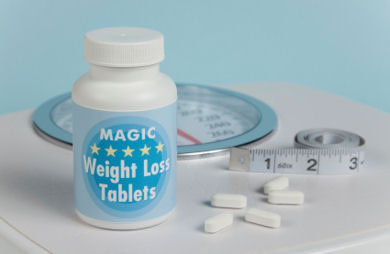|
Think your kitchen is squeaky clean? Not so fast. "Moisture and food particles make it the perfect environment for growing germs that can make you sick," says Kelly A. Reynolds, PhD, an environmental microbiologist at the University of Arizona’s Zuckerman College of Public Health in Tucson. "If you’re not killing them, you can go from 10 microbes to millions within 24 hours." And the more germs there are, the more likely you are to get sick from one. Here’s where they’re hiding and what you can do about it. Your Kitchen Sink "There can be millions of pathogens (disease-causing germs) clinging to the sink, the seal of the drain and the rubber gasket around the garbage disposal," says Dr. Reynolds. While proper cooking lowers your chance of foodborne illness, germs like salmonella, which lives in much of the chicken you bring home, can linger in your sink after you wash the food that contains it. Touch your face after touching the sink and you've just spread the germs. What to do: Clean your sink immediately after rinsing raw meat, veggies and pet bowls and once a day even when you don’t wash food or pet dishes. Spray a disinfectant (look for the EPA registration number in tiny print on the label), which kills most bacteria and viruses, on the faucet, sink sides, sink bottom and sink strainers. "Don’t just wipe and go. Leave the product on the surface for the contact time recommended on the label," says Dr. Reynolds. Your Sponge, Dish Rag and Dish Brush The public health organization NSF International recently found that more than 75% of household dish sponges and rags carry disease-causing Coliform bacteria such as E. coli. "Using the same dishrag day after day spreads the microbes," says Robert Donofrio, PhD, director of microbiology at NSF International. A dirty rag contaminates any surface it touches, so if you eat off one of those surfaces, you can fall ill. What to do: Replace dishrags daily. Launder in hot water and dry on hot, which kills more germs. Change out sponges every few days, or throw one in the microwave—make sure it’s damp so it doesn’t catch on fire—for two minutes every day, says Dr. Donofrio. For a dish brush, spray it daily with disinfectant or put it in the dishwasher, says Dr. Reynolds. Your Hands If you've just cracked an egg or handled unwashed produce, raw meat or poultry or pet bowls, your hands can transfer disease-causing germs to the next surface you touch, says Dr. Donofrio. What to do: Plan ahead. "Get out everything you need, such as the knife, the cutting board and the pot, so you're not opening cabinet drawers and contaminating surfaces” once you’ve touched the food, says Dr. Donofrio. After dirty duties, soap up the tops and bottoms of your hands, in between fingers and under nails. Scrub for 20 seconds (hum "Happy Birthday" twice), then rinse. Dry with a clean hand towel or paper towel. Click here for more cleaning tips from Woman's Day. More from Woman's Day:What kitchen cleaning tips do you use? What do you use to clean your kitchen? |
Popular EntriesMore From SparkPeople
|




















